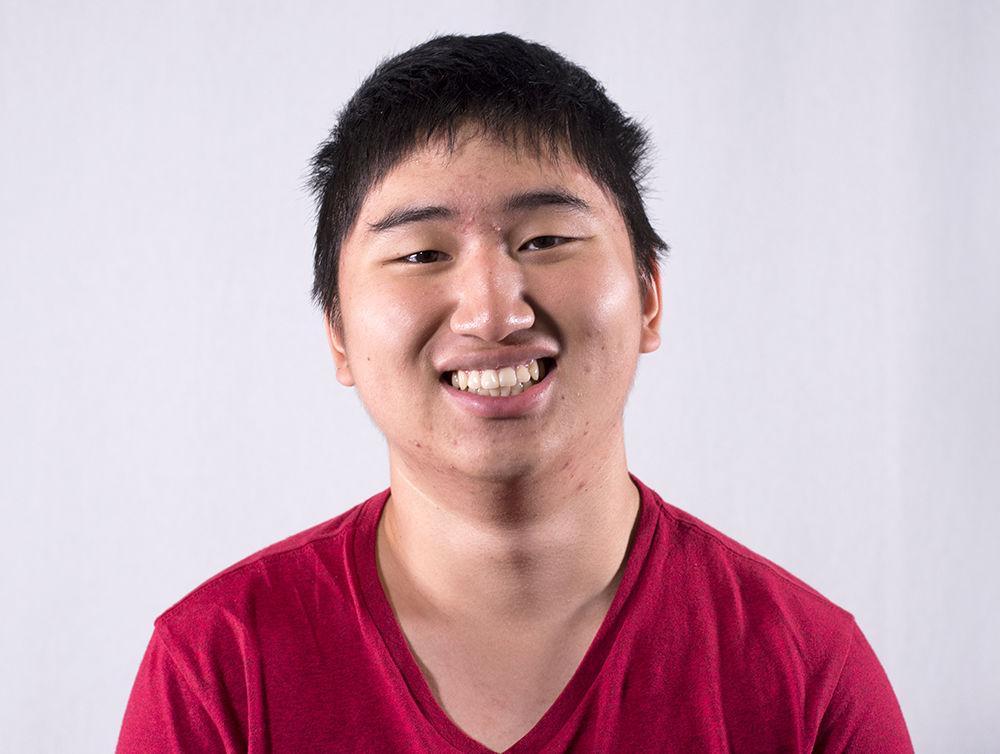In 2003, Sandra Day O’Connor concluded the case Grutter v. Bollinger with “We expect that 25 years from now, the use of racial preferences will no longer be necessary to further the interest [in student body diversity] approved today.” Race shouldn’t be and never should have been a determining factor for college acceptance. Less than a decade away from that prediction, racial preference in college admission is still a hotly debated issue.
A federal judge recently ruled that Harvard’s acceptance policy did not force Asian Americans to go through a higher bar than other races. The plaintiff claimed that Asian Americans have higher average SAT scores yet have lower acceptance rates than other races. U.S. District Judge Allison D. Burroughs found no evidence of conscious prejudice against Asians. She did, however, also mention that Harvard’s admissions program was “not perfect” for ensuring diversity.
Students for Fair Admissions (SFFA) claim that Harvard engages too much on racial balancing, pointing to Harvard’s suspiciously similar Asian population (never above 20%) even though the number of Asian applicants continues to swell. They also claim that Harvard uses race as a predominant factor for acceptance and is not considering race-neutral alternatives to create diversity.
SFFA already plans to appeal the decision. Edward Blum, president of SFFA and a conservative activist, plans to appeal all the way up to the Supreme Court. He currently is involved in numerous other cases involving affirmative action against the University of North Carolina at Chapel Hill in federal court and the University of Texas at Austin in state court.
College admissions is always going to be an issue, whether it be from students cheating their way into college, using legacy and donations, or using race as a metric of acceptance. I am against using race as any type determining factor for college acceptance. In a perfect world, your recommendations, GPA, essays and outside activities should be the standards for getting into college.
Likewise, I am against affirmative action. However, it is hard to argue with the fact that the lack of affirmative action hurts other minorities. Already in California and Michigan, states that have banned affirmative action, there is a noticeable decline in black enrollment. Is there a way to fix this issue? Are we forever going to be stuck between having preferences for favored groups and giving equal treatment to everyone?
The true issue of college acceptance lies in our issues with poverty and the challenges it brings to educating others. While race has certainly been one of the driving factors in class division with issues like redlining, poverty has been a vicious force tying down families in a quite long-term sense. The true way to solve the problem of some students being more prepared than others is to create a system that values education and socioeconomic status rather than race. Once we start working on those issues, affirmative action can finally stop being the slapped-on bandage that it is for diversity.
Our education system is not the same throughout the nation, or even in our state. An education from a public high school in Connecticut is going to be considered a more quality education than one from Missouri. A pre-K to high school education in Wake County is going to be considered way better than one from Halifax County.
Poverty is a harsh cycle to break. Education is definitely a way to break that perpetual cycle, but it’s hard to even think about paying for college when you have to worry about your next meal or if you can pay for utilities this month. Who can even worry about taking time to study for the ACT or paying for SAT prep when you’re working part time?
We should be urging our politicians on all levels of government to work on improving our public education system and helping impoverished students be able to get the resources they need to succeed. We need to get at the root of the issue instead of just focusing on the symptoms. No longer should we focus on making things equal for all; we need to start focusing on making things equitable to all.














